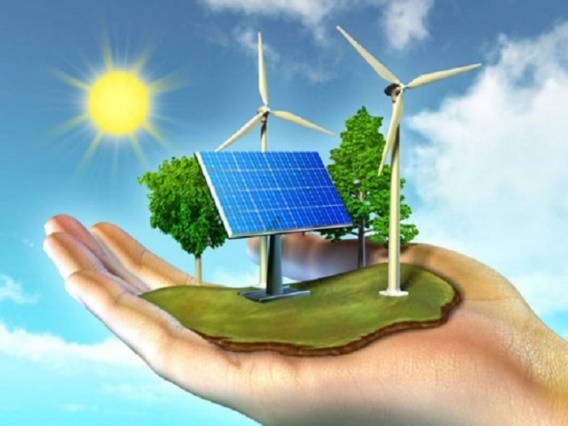The Energy Conservation (Amendment) Bill

Disclaimer: Copyright infringement not intended.
Context
- Recently, Power Minister introduced The Energy Conservation (Amendment) Bill in the Lok Sabha.
Background
- India enacted the Energy Conservation Act, 2001 which has at its core efficient use of energy and its conservation.
- This act made way for establishment and incorporation of the Bureau of Energy Efficiency.
|
The Bureau of Energy Efficiency is an agency of the Government of India, under the Ministry of Power created in March 2002 under the provisions of the nation's 2001 Energy Conservation Act. The agency's function is to develop programs which will increase the conservation and efficient use of energy in India. The government has proposed to make it mandatory for certain appliances in India to have ratings by the BEE starting in January 2010. The mission of Bureau of Energy Efficiency is to "institutionalise" energy efficiency services, enable delivery mechanisms in the country and provide leadership to energy efficiency in all sectors of the country. The primary objective would be to reduce energy intensity in the economy. |
- The act was subsequently amended in 2010 to address various new factors which emerged with the development of the energy market.
Salient features of Energy Conservation Act, 2001
This act gives the power to the central government and in some cases, the state also gets the power to:
- Fix the energy usage standards for specific appliances and equipment.
- Give direction that there should be a mandatory display of labels specific equipment and appliances.
- Stop the building, import, and sale of the items which are not to the standards.
- Inform energy concentrated businesses, different foundations, and business structures as assigned customers
- Set up and recommend energy utilization standards and guidelines for assigned buyers
- Prescribe or make changes in Energy Conservation Building Codes (ECBC) to local conditions for energy conservation and efficient use of energy in a new commercial building with a contract load of 500 kW.
- Make and provide Central and State Energy Conservation Fund
2022 Amendment Proposal
- With the 2022 amended the government seeks to support Prime Minister Narendra Modi’s stance of offering 'Panchamrit', or five nectar elements, as a part of the country’s commitment towards low-carbon development strategy.
- 'Panchamrit' includes India’s commitment to install 500 gigawatts (GW) of non-fossil energy capacity by 2030, reduce emission intensity of GDP by 45 percent over 2005 levels, source 50 percent of the electricity from non-fossil sources by 2030, reduce carbon emission by 1 billion tonnes till 2030 and achieve net-zero by 2070.
Provisions of the Bill
- The bill seeks to mandate use of non-fossil sources, including green hydrogen, green ammonia, biomass and ethanol for energy and feedstock to achieve the twin target of reducing dependence on fossil fuel and achieving energy security.
- It also envisages establishing carbon markets and bringing large residential buildings within the fold of energy conservation regime.
- The key objectives of the bill also include enhancing the scope of energy conservation building code, amendment of penalty provisions, and increasing members in the governing council of Bureau of Energy Efficiency.
- It also aims to empower the state electricity regulatory commissions to make regulations for smooth discharge of its functions.
Final Thought
- Monitoring energy is a significant method to lessen the strain on nature and cut down power costs.
- Energy preservation supports the eco-friendly way of life by giving energy, which saves the earth.
- It is considered necessary to have legal provisions to prescribe minimum consumption of non-fossil energy sources as energy or feedstock by the designated consumers. This will help in reduction of fossil fuel-based energy consumption and resultant carbon emissions to the atmosphere. Similarly, a need is also felt to provide legal framework for a carbon market with the objective of incentivizing actions for emission reduction leading to increased investments in clean energy and energy efficiency areas, by the private sectors.



1.png)
